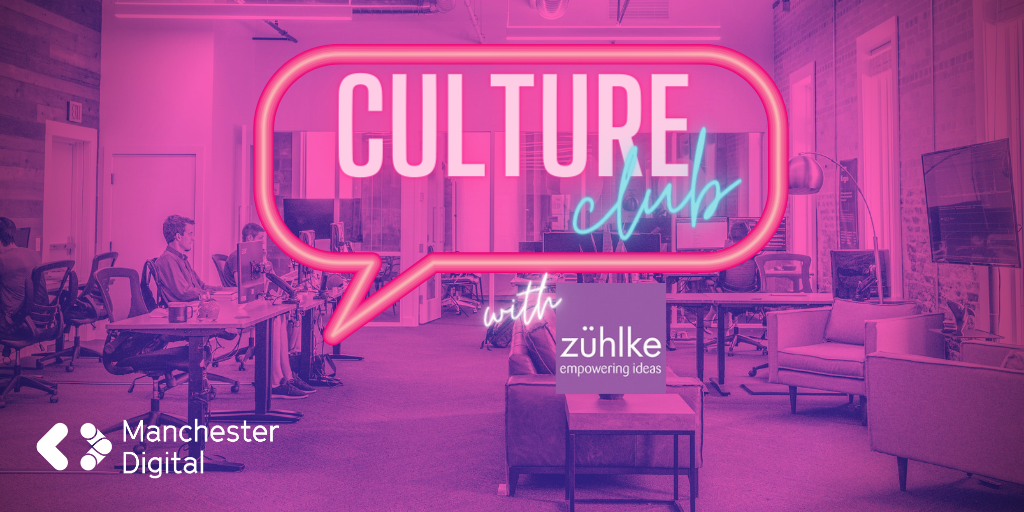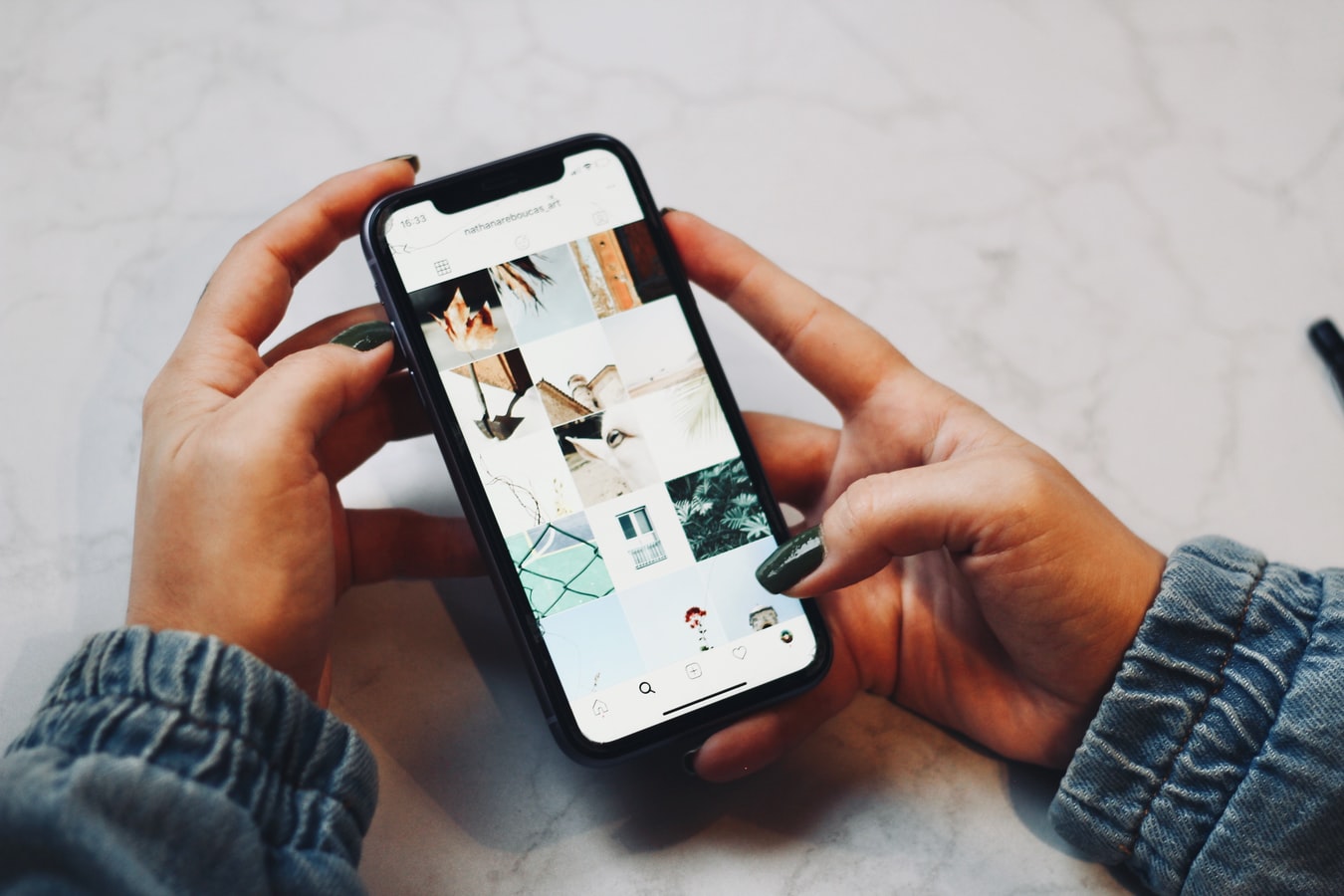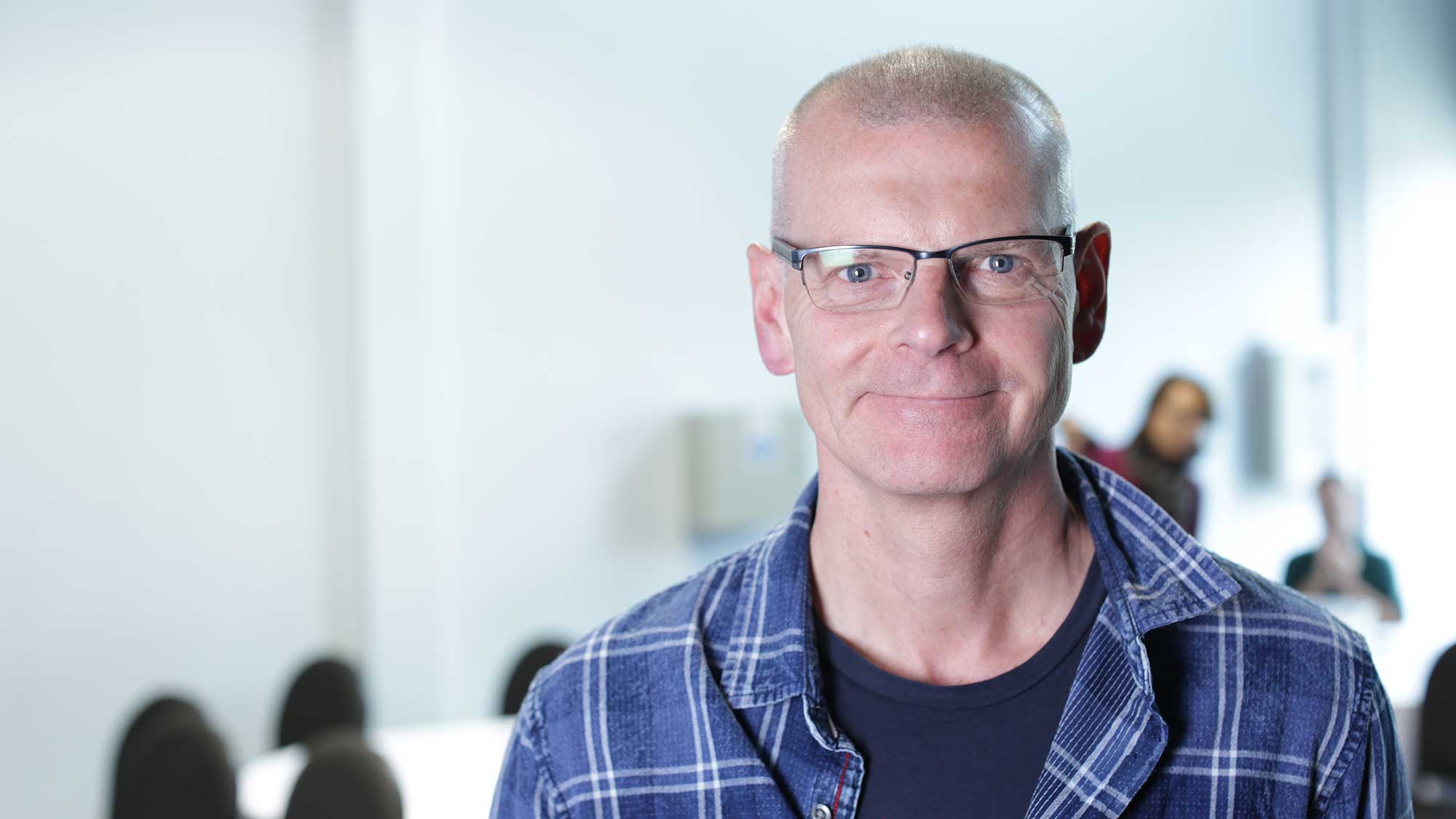
The post-pandemic dust has settled, and businesses are looking ahead to 2022. What will it bring?
It can seem futile to make too many predictions after the past couple of years. You can never really make plans too far into the future without a small part of you thinking, 'Ah but Covid!'.
We are in this strange hybrid post-pandemic aftermath where by default, jumping on a video call is the norm, and meeting in person is alien. Is this forever, or will we slowly revert to our old ways?
It will boil down to how businesses design their workplace culture - and it's in our hands.
YouGov found that only a fifth of business decision-makers say their company will require workers to come in five days a week after the pandemic – down from one in three before.
Is this a reflection of Manchester's digital and tech companies? We decided to find out by asking some of our Manchester Digital members.
How will work and culture change in 2022?
Connective3
Charlie Harris, Sales & Marketing Director
In 2022 we’re expecting to see more of our team come back to working in the office. Whilst we offer flexible working, we’re seeing that the appeal of the office is coming back, with people genuinely keen to meet and learn from their peers and colleagues.
In support of this, we are actively focusing on creating a working environment that our team want to be part of, extending our spaces, offering quiet space for calls and focussed working, open plan kitchens for coffees and after work networking, and event spaces to encourage with team knowledge sharing. Whilst we will always offer our staff flexibility, we’re determined to keep the office as an appealing alternative to fully remote working.
Assembly
Julia Symonds, Associate Paid Search Director
As we move into 2022, we will become more sophisticated at being agile with our time. Whether businesses adopt hybrid policies or fully remote working, they will have to begin to adapt if they haven't already. Many individuals are getting used to the notion that we can adopt flexible working around our homelife. What this means for businesses is staff and colleagues that are happier and healthier even as they build on creating what a good work/life balance means to them for the long term.
Agency Cabana
Ricardo Penswick, Operations Director
We have a young team in our office, so even though we allow working from home two days a week, we’ve found that most of the time they like coming in unless they’ve piled up too much laundry, they have a so-so cold, or there’s torrential weather. This new model makes perfect sense to us.
We see further adoption of productivity tools. Slack and Asana are super helpful for us. They aid and speed up communication and task management especially if a team is spread out.
Office space has become a subscription service with co-working spaces like WeWork offering short flexible contracts, but now that they’re competing with home, they need to offer more amenities or they’ll suffer from the tendency of cutting subscriptions. I don’t think there’s a solution out there that ticks all the boxes yet.
Dark Horse
Jennifer Szczepaniak Sloane, Head of Marketing
Going into 2022, we’re going to see work and culture continue to evolve after the change of 2020/21. For many, work is often a gateway to money - a roof over their heads, bills covered and some £££ left over. A financial trade-off for their time and nothing more. People will be rightfully empowered, but it cannot be abused, it has to benefit everyone.
Remote working is here to stay, and it’s paying off for many workers. Encouraging the right culture means new methods. Social responsibility will be the new norm- encouraging workers to take full ownership of themselves, their well-being and productivity.
Recruitment is also changing. Competing on a national scale. More job descriptions are opting for remote first, prioritising talent and attitude over location. Overhauling benefits - with bullshit perks such as free fruit and early-finish Fridays giving way to mental health and well-being packages. More holidays and free flu jabs are also on the cards.
Apadmi
Jasper van de Luijtgaarden, Managing Director
As Apadmi has shifted to a fully flexible working solution, we're seeing some people preferring to work from home and others choose to use the office. With this comes several challenges on how to make this fair and inclusive for our remote staff. I think the hybrid working model will require substantial change across the board in order to ensure that it's all working optimally. A good example of this is how to run a successful hybrid/remote onboarding program to ensure that people feel engaged, welcome, get a good grasp of the company culture and understand where they can find what they need to thrive in their role.
Clickoo
Natalie McKenzie-Buksh, Head of Operations and Partnerships
As a multilingual paid media agency with global clients, we have long been used to having staff based in countries all over the world, even pre-pandemic. This year we’ve realised that even English-speaking staff don’t necessarily need to be based locally, or indeed the UK, to be able to work efficiently and communicate with clients.
Of course this does raise the question of how to maintain a sense of agency culture. Organised virtual happy hours are very 2020 and won’t cut it now that lockdowns are over, so instead we try to catch up informally at the start of regular work calls or over Slack, and reward staff in ways that benefit them outside of work, such as cash for meals out with friends and family.
WilsonCooke
Mark Law, Group Managing Director
We took the decision at WilsonCooke to go fully flexible at the end of 2020 and then made this official mid-2021 when we reassigned our office lease. This is something we had been working towards since we relocated to Manchester in 2019 so the pandemic just moved this forward quicker. We have recruited heavily through the pandemic as a ‘flexible first workplace and we have really seen this as a big perk that employees are looking for. So for us, 2022 is about continuing to build on this, this starts with communication and our open, honest feedback culture to understand what is and isn't working so we can continue to try and build the best environment for our team. There is also the added benefit to the climate that we are going to look at in 2022 as we look to become a carbon-neutral business.
Jam_
Jaime Gee, Managing Director
My initial fears during the first lockdown that we’d lose motivation working from home were short lived. We have been conditioned to believe that being chained to our office desks, 9-5 is the only way. How wrong we were.
Yes, in an agency environment collaboration is essential. Troubleshooting is a breeze when sat with your team, personal connections are strengthened and insight of the wider team’s work is shared over a morning cuppa.
But essentially, being forced to work from home has opened up a world of opportunity. Who knew we would be just as productive, motivated and creative?
If you create a supportive and autonomous culture in your business, whether in the office, from home or even abroad, the team will thrive.
What will working culture look like by the end of 2022?
Connective3
Charlie Harris, Sales & Marketing Director
I think businesses that look to become more flexible with ways of working, in creative way will be the ones to succeed. Mixing hybrid models of working, allowing team members to work from anywhere in the world (subject to time zones and deliverables being met), and offering a vibrant workspace for team members to come back to when they do come to the office, to encourage collaboration and networking.
Paper
Jon Rhodes, Co-founder & Director
We’ve never been a 9 to 5 business, the work we do simply doesn’t fit this. If we’re speaking to people about their experiences of something, we have to work around their schedule and their time.
The challenges of remote working are still there, but we all seem more comfortable celebrating the freedom that this consistent way of working provides, but are also comfortable talking through problems too.
We’ve never forced a culture or aimed to be ‘something’. As we continue to grow responsibly, we’ll enjoy the individual personalities that each Paper person brings, centred around great people doing great work.
Apadmi
Jasper van de Luijtgaarden, Managing Director
Data collection on staff wellness has evolved beyond the simple survey. In the tech ecosystem, we’re seeing various solutions to guard employees’ mental health and a real effort in protecting people from stress in the workplace. I think (and hope!) that this will become an even bigger priority for companies over the next few years. I also think there is a challenge here that relates to the hybrid working model, as we need to ensure that everybody is engaged and feels that they still have an equal voice regardless of if they work remotely or from the office regularly.
Tao Digital
Matt Tomkin, Digital Marketing Consultant
Remote working is already posing a threat to traditional office-centric working, so we imagine the amount of people working from home will increase further. During lockdown, 60% of the UK were working from home, with 26% planning to continue remote working as it reduced their monthly outflows and provided employees with more flexibility.
Employees working from home will likely associate with another work and culture change in 2022 - sustainability. Less people driving to work reduces the global carbon footprint, anticipating the commutes reducing even further 2022.
Furthermore, there will likely be a sustainable office culture imposed due to covid-19 kickstarting a new wave of green thinking, and therefore, living.
Employee health is essential to any business, especially last year when many employees expected their employers to protect their health which is exactly why mental health should be considered a priority to every business in 2022 to adapt effectively to a positive change in the workplace.
Assembly
Julia Symonds, Associate Paid Search Director
We believe that flexible working will continue to offer new solutions and ideas to businesses who choose to be forward-thinking in their cultural approach.
As talent won’t be bound by physical location, we’ll be able to continue to offer flexible working which we believe will become a staple amongst most companies. Stats show that when companies continue to put the needs of their talent first, then overall output from staff tends to increase exponentially. Furthermore, we anticipate that colleagues worldwide will continue to have the headspace to carry out their work adequately without having to be burdened by the day to day commute many employees had to deal with before the Pandemic. Small changes such as these will continue to lead to big results for companies worldwide.
Fablr
Geoff Bretherick, Creative Director
For bosses and management faced with empty seats across their offices, many are already saying – “Yes, we can be productive and get the work done like this, but are we really doing our best work?”
2022 will be about how they respond to those lingering doubts. For some businesses, it will be very much top-down, with incentives for five day office working or disincentives for staying away.
For other firms with more progressive and ostensibly employee-friendly cultures, we will see a lot of fresh thinking about new processes, new uses of collaborative technologies and the emergence of more ambitious technologies that might attempt to simulate same-room in-person interactions. Whether technology will really solve the work and cultural issues presented by a fractured workplace in 2022 will very much remain to be seen.









